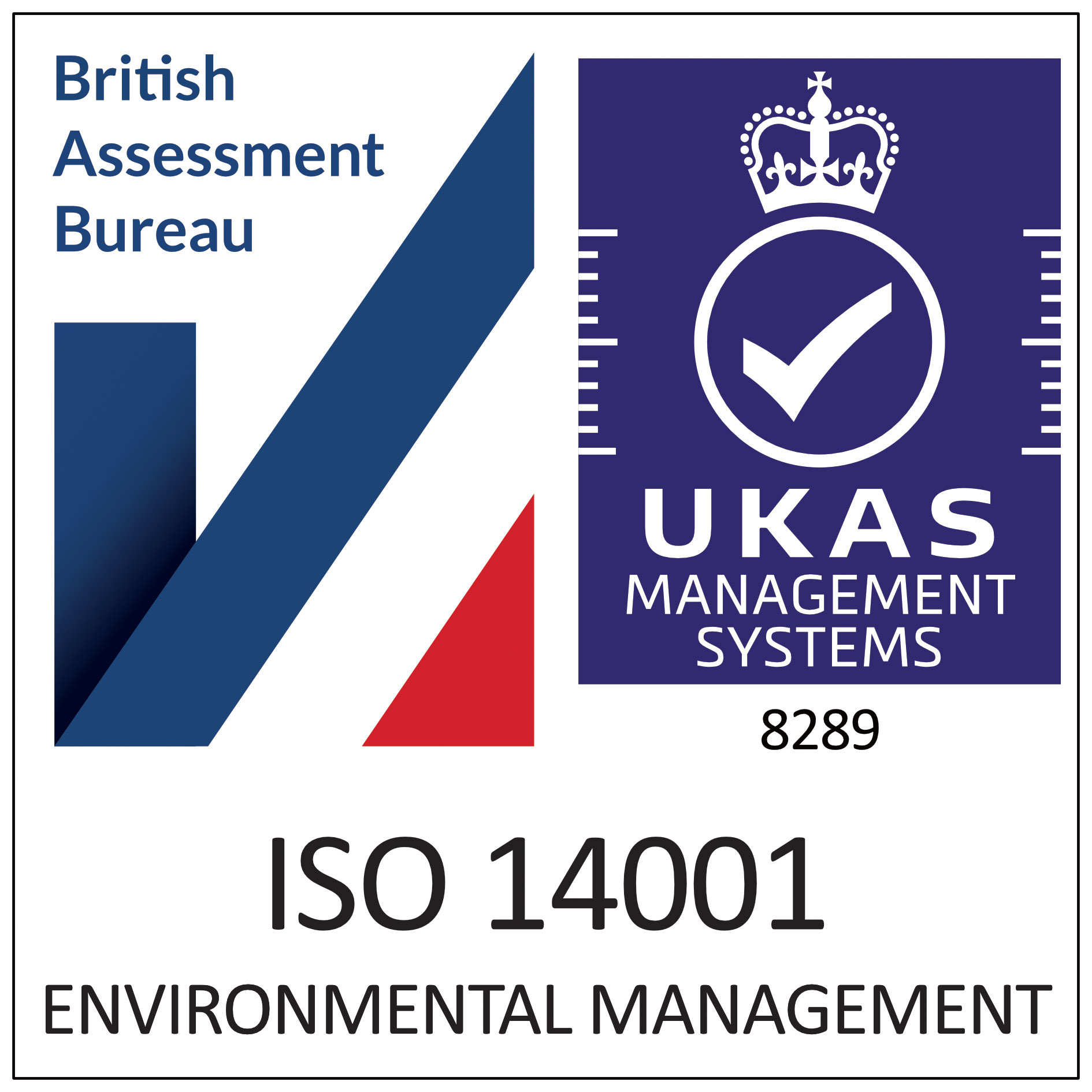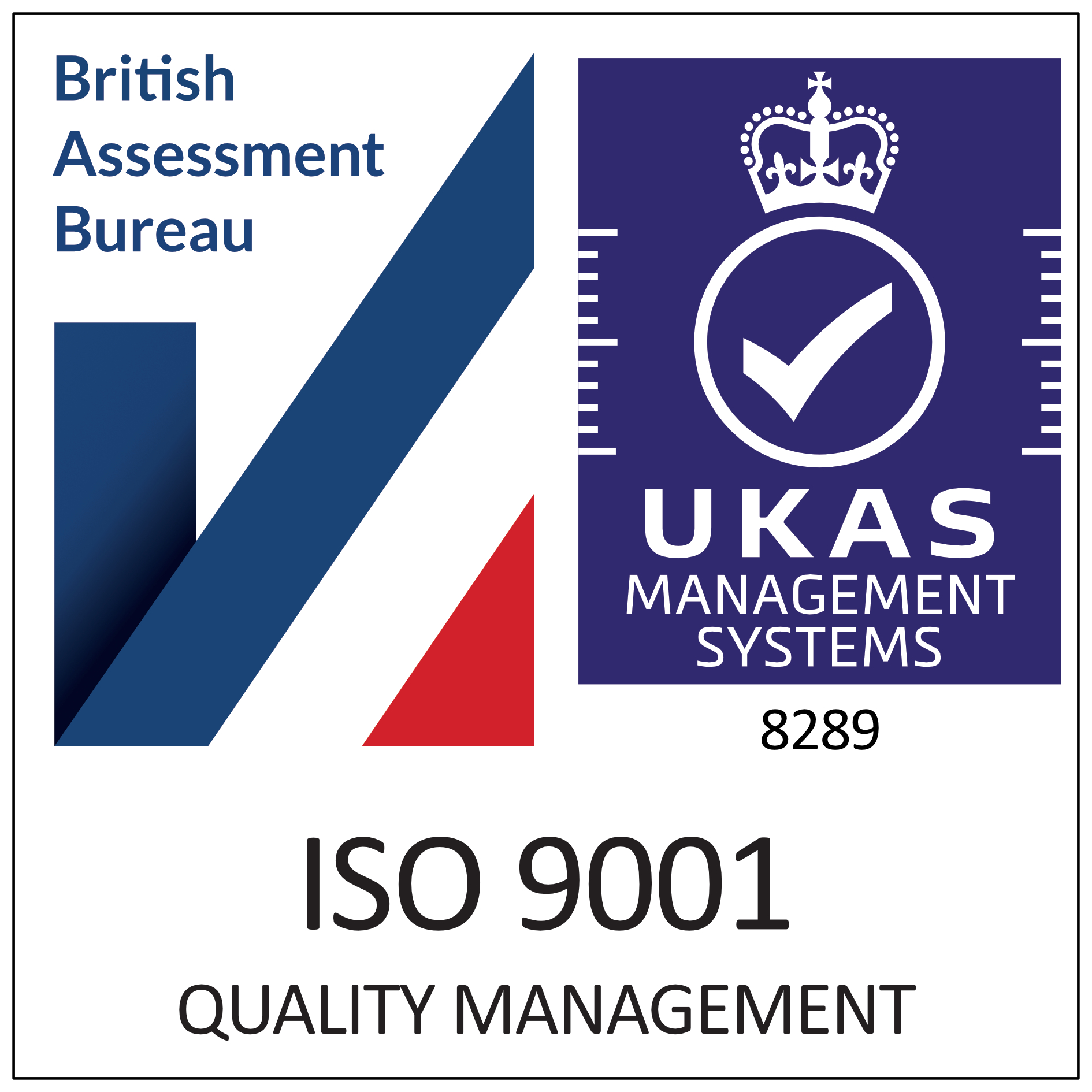Despite the fenestration sector and UK manufacturing as a whole taking huge steps forward in recent decades to improve health and safety in the workplace, poor quality fasteners could be putting window and door makers at great risk of injury.
The religious enforcement of PPE usage, careful management and control of hazardous substances with comprehensive, audited training programmes are now the norm in the best window and door factories. Nonetheless, the cost of workplace injury in manufacturing to the UK economy was estimated to be £1.1 billion in 2016/17 (HSE), and many operatives are still being put at risk of injury every day because of the screws that they are using.
Fasteners may be the smallest, lowest unit cost products on any fabrication line, but just like tools, their quality and suitability for the job can make a huge difference to how easily, efficiently and safely windows and doors can be assembled. Unfortunately, the importance of choosing the right screws is all too often overlooked because of the misguided perception that all fasteners are basically the same.
In this age of ‘where there’s blame, there’s a claim’, can anyone afford to take a risk on fasteners that can lead to injuries? The potential for an accident claim is potentially very damaging financially in itself, but so too is the impact that accidents can have on staff morale, the disruption to production, and the whole reputation of a business.
Why a quality fastener is a safe one
Manufacturing fasteners is a very complex process. A screw is not just an inconsequential object but an engineered product that must fulfil its function safely and reliably. There are three main factors why a fastener’s design and manufacture enables safe and efficient window and door production, along with easier to deliver consistently high quality finished products.
1. Wobble and insertion speed
Rapierstar branded screws are tested for wobble and insertion using precision instruments. Wobble gauging provides a means for determining the correct engagement of driver bit and recess. A recess that exhibits excessive wobble characteristics will result in poor drivability, damaging the recess and accelerating driver bit wear. Poor drivability is not only awkward but also dangerous as it could cause a driver bit to slip with the potential for injury. Unfortunately, we have seen horrible injuries over the past 25+ years, including screws being driven into forearms and even air-screwdrivers ripping into hands due to poor drivability.
Insertion testing checks the concentricity of a screw’s shank to its recess. If a screw’s recess is too far from alignment with the axis of its shank, driving tools will perform dangerously and, if using automated screw feeding equipment, this will jam. Poorly designed and manufactured screws can skid on the profile surface or cause the screwdriver bit to slip out of the fastener recess.
Variable air pressure is a common issue too, which can result in either very slow or too fast screwdriver speeds, resulting in snapping drill points or potentially overtightening screws causing stress fractures that may fail at a later date. Rapierstar can measure the speed of screwdrivers, to ensure around 1,800 RPM is maintained.
2. Fastener ductility and risk of breakages
Ensuring fastener ductility starts with using high-grade steel used to draw the wire from. Any impurities or an incorrect grade of steel could present weaknesses in the finished product. Rapierstar screws are produced from high-quality steels, tested and manufactured to exacting standards. Any microscopic weaknesses in the metal can cause screws to break during insertion and this could result in injury. That’s why the ductility of every batch of Rapierstar screws is tested using calibrated test blocks conforming to acknowledged standards. Screws are only approved if no breakages occur and there is no sign of cracking.
3. Fastener dimensions
Screws need to have the correct depth of recess in the head, so the screwdriver bit fits tightly and securely. Occasionally, some manufacturing defects can also make it tricky and risky to drive the fastener as intended. To prevent these difficulties, all dimensions are checked on every batch of Rapierstar screws, which is measured using finely calibrated test gauges. Precision is essential here, so any batches that are not up to scratch are simply rejected.
Using fasteners correctly increases safety too
The way that windows and doors are manufactured often has room for improvement in respect of how the production line is set up for operatives to use their tools. It could be as simple as adapting a workstation to suit the operative or the particular assembly task or having screwdrivers accessible from an overhead position so that power cables and air lines do not get in the way.
These are the kind of areas that a Rapierstar Fastener Health Check can highlight. This is a comprehensive audit programme built on 25+ years’ experience in the supply and application of specialist fasteners for window and door manufacture. It picks up on health and safety issues as well as highlighting where incorrect fasteners are being used, advice on driver speed and torque settings and where rationalisation could reduce inventory and save money.
Ultimately, by having a ‘fresh set of eyes’ from a fastener perspective, many fabricators will benefit from a more efficient, safer and productive factory. Making a few subtle changes and giving more thought to the role of the fastener, which after all is a precision engineered product, is a worthwhile investment that will boost the bottom line.
For further advice on fasteners for PVC-U windows or to arrange a Fastener Health Check contact Rapierstar.
This email address is being protected from spambots. You need JavaScript enabled to view it. Technical & Marketing Manager at Rapierstar Tweet to @andyhol1







